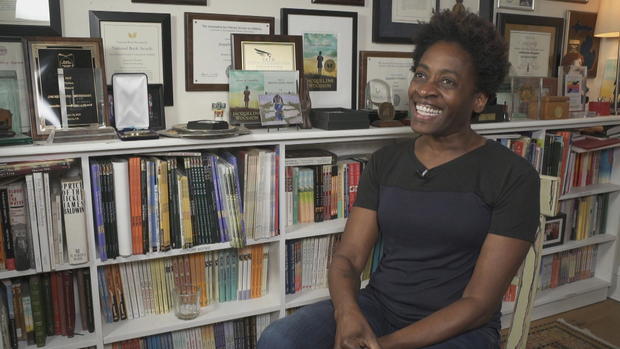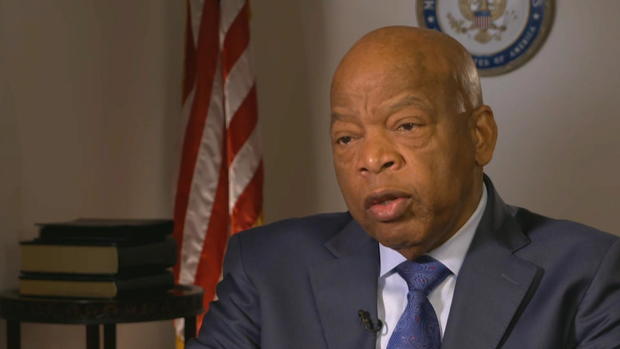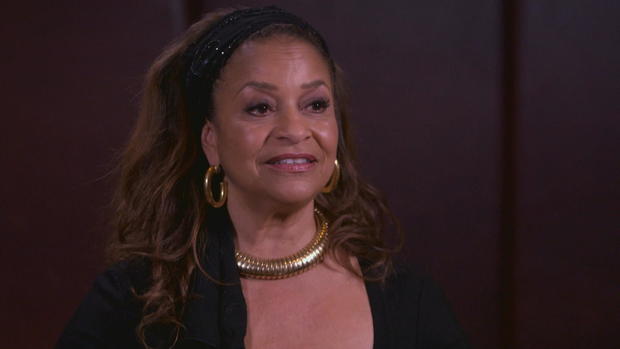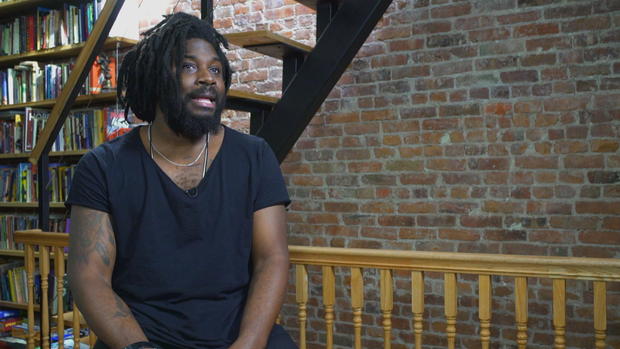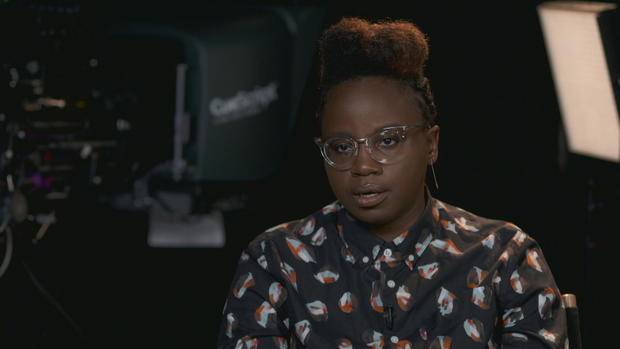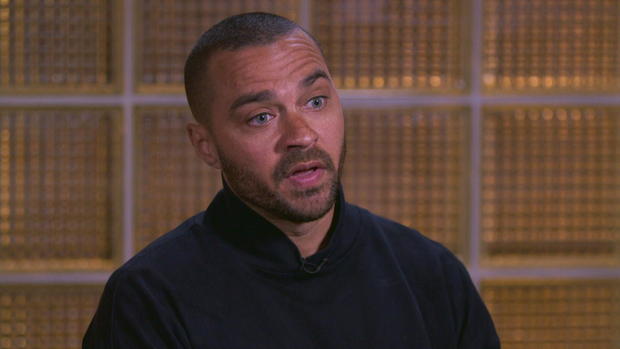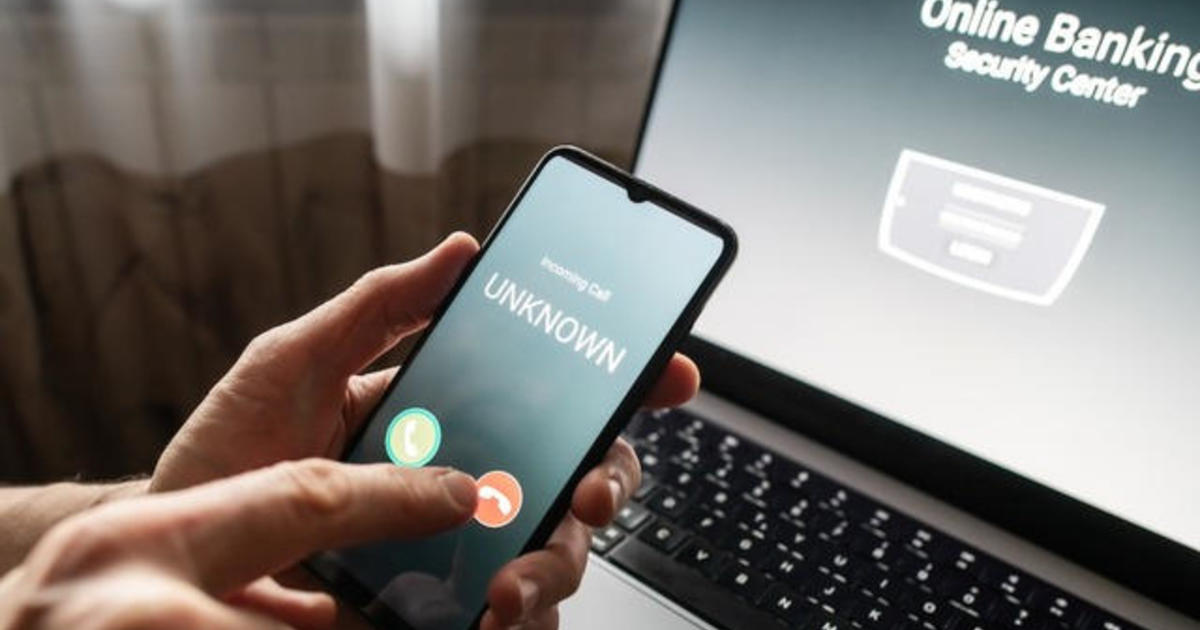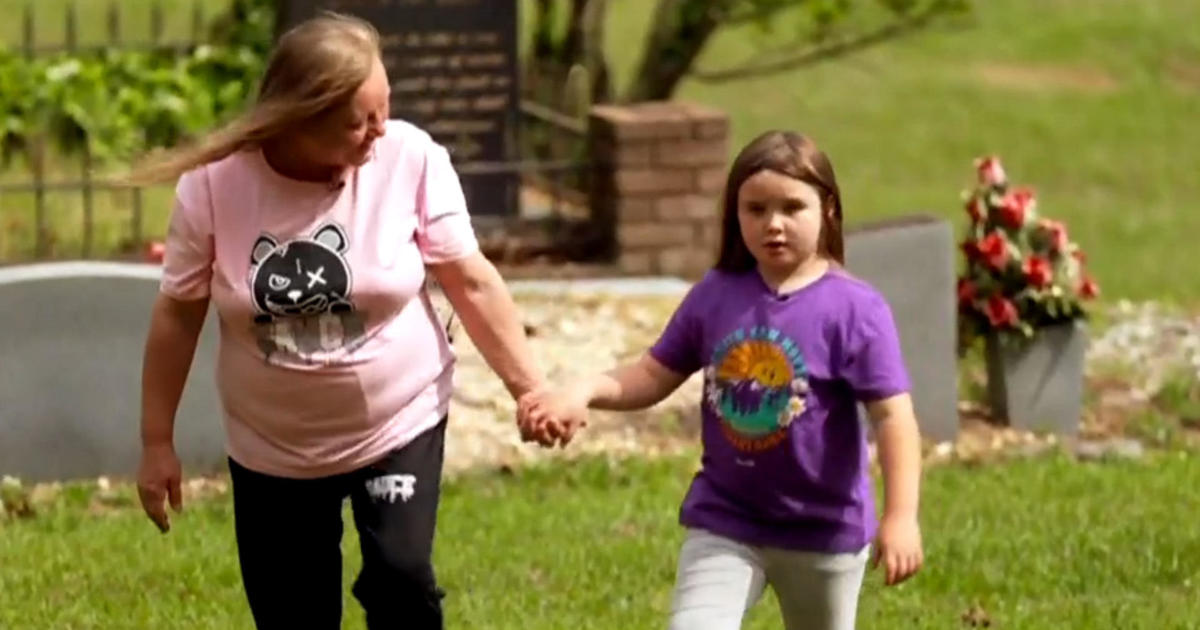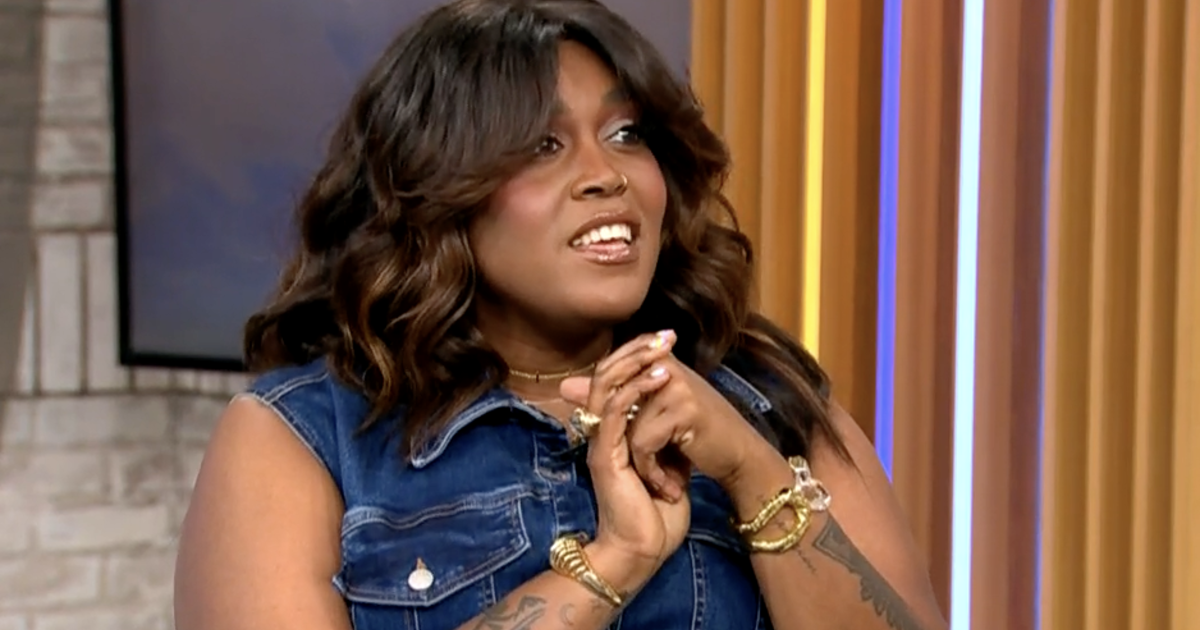The legacy of storytelling in African-American history
The legacy of storytelling in the African-American community is rich and historic. In recognition of Black History Month, we hear from leading voices about the impact of stories through history, as well as the personal experiences that inspired them.
Jacqueline Woodson, author of "Brown Girl Dreaming"
"I think the first time I realized I was black and that it meant something was hearing James Brown say, 'Say it loud, I'm black and I'm proud.' And I was like, 'Wow, yeah, we can say this! I am proud,'" Woodson told "CBS This Morning." "It was a moment of realizing that black was beautiful. And having come from the South and coming from a Jim Crow South into that moment, it was everything."
"When I look back to that moment of saying 'I'm black and I'm proud' and thinking, 'Oh, of course I am! Of course this is the truth.' … I've known I wanted to be a writer all my life, but it really informed what I was going to write and how I was going to write it – without apology. I mean, I was going to write without apology about being unapologetically black."
"My coming to writing was both an act of resistance, because how dare me not be on the pages. And a desire to not have my experience of spending many years not seeing myself on the pages happen for another young person," Woodson said.
Rep. John Lewis, civil rights icon, congressman and author of "Run"
"I saw the signs that said 'White Men,' 'Colored Men,' 'White Women,' 'Colored women.' ... I knew that I was different," Lewis said of growing up during segregation. "We have to tell the story. We have to make it plain so people can feel it. So people can be inspired."
"Without storytelling, the civil rights movement would have been like a bird without wings," he said.
Debbie Allen, actress and dancer
"We understood it because we were seeing black men and lynched and hung from trees, and people water-hosed down, dogs – and for a young person that kind of violence coming to you from authority, that was terrorism," Allen said. "The civil rights movement was powerful and it made you feel empowered that you stood up and that you weren't afraid."
"There were always barriers and, you know, glass ceilings and wooden and iron doors to get through. … You can't get caught up in the madness of hate and anger. You won't get there. The creative spirit has to live in a place of joy and light, not darkness," Allen said.
Jason Reynolds, author of "Long Way Down"
"Think about the fact that I get to be a writer, born from a lineage of people who were not supposed to read. Like how could I not be overcome with joy and overcome with pride?"
"I think what stories actually do is they fortify that which is the culture. The more stories that we have about us, the more that we share them with ourselves and with the world at large, I believe the more emboldened we are as a people," Reynolds said.
Dee Rees, director of "Mudbound"
"We've been doing this for hundreds of years, you know? So this is just using kind of, like, the new kind of accessibility, using the new venues to keep telling the kind of stories that we've always been telling," Rees said.
"I grew up as Spiderman, Batman… And you had to kind of, like, find somebody to, like, identify with. And, you know, it required more imagination in a way. Because then you could relate to qualities versus kind of, like, physicality. Whereas, like, you know, when I have kids, they'll always have Black Panther. And I think that, like, that's a radical position. They'll always have a hero that looks like them. They don't have to reach."
Jesse Williams, actor
"It was illegal for us to read and write in this country for quite a while, for centuries in fact. Punishable by death and far worse, so we had to be creative. We had to figure out ways to communicate and survive and if we were lucky, thrive, and have moments of fleeting joy and pleasure and expression," Williams said.
"It's important to me to find ways to allow others the opportunity to discover the humanity and the necessity, sadly, for full citizenship for black and brown folks in this country and a tool to do that, a tool that I could utilize to do that is storytelling," Williams said.
